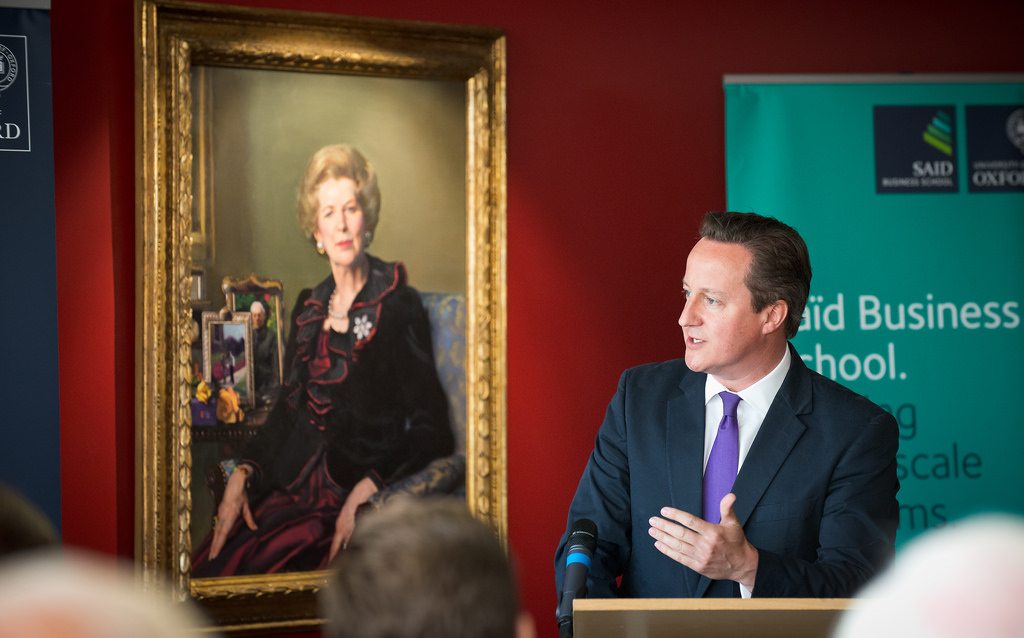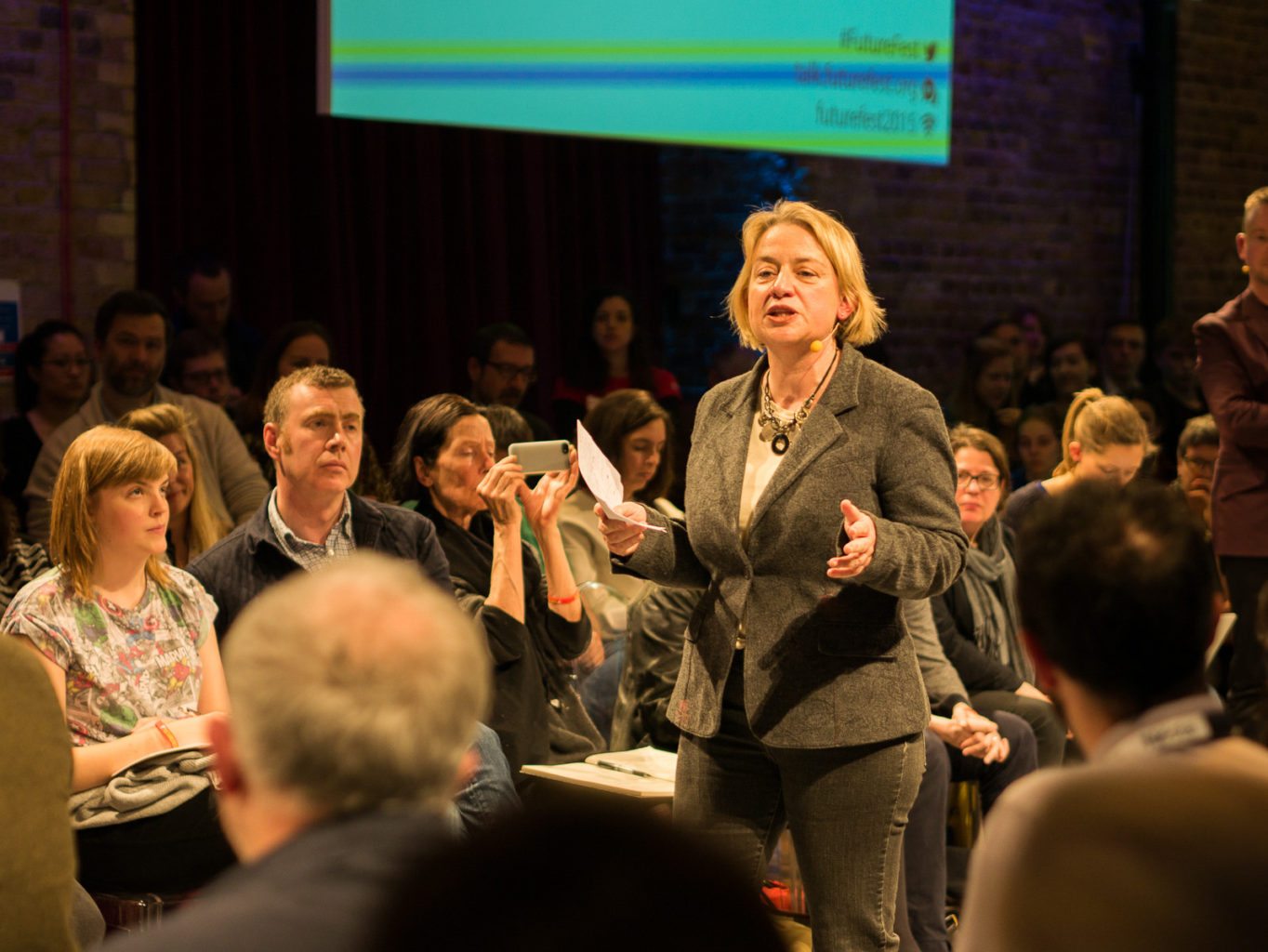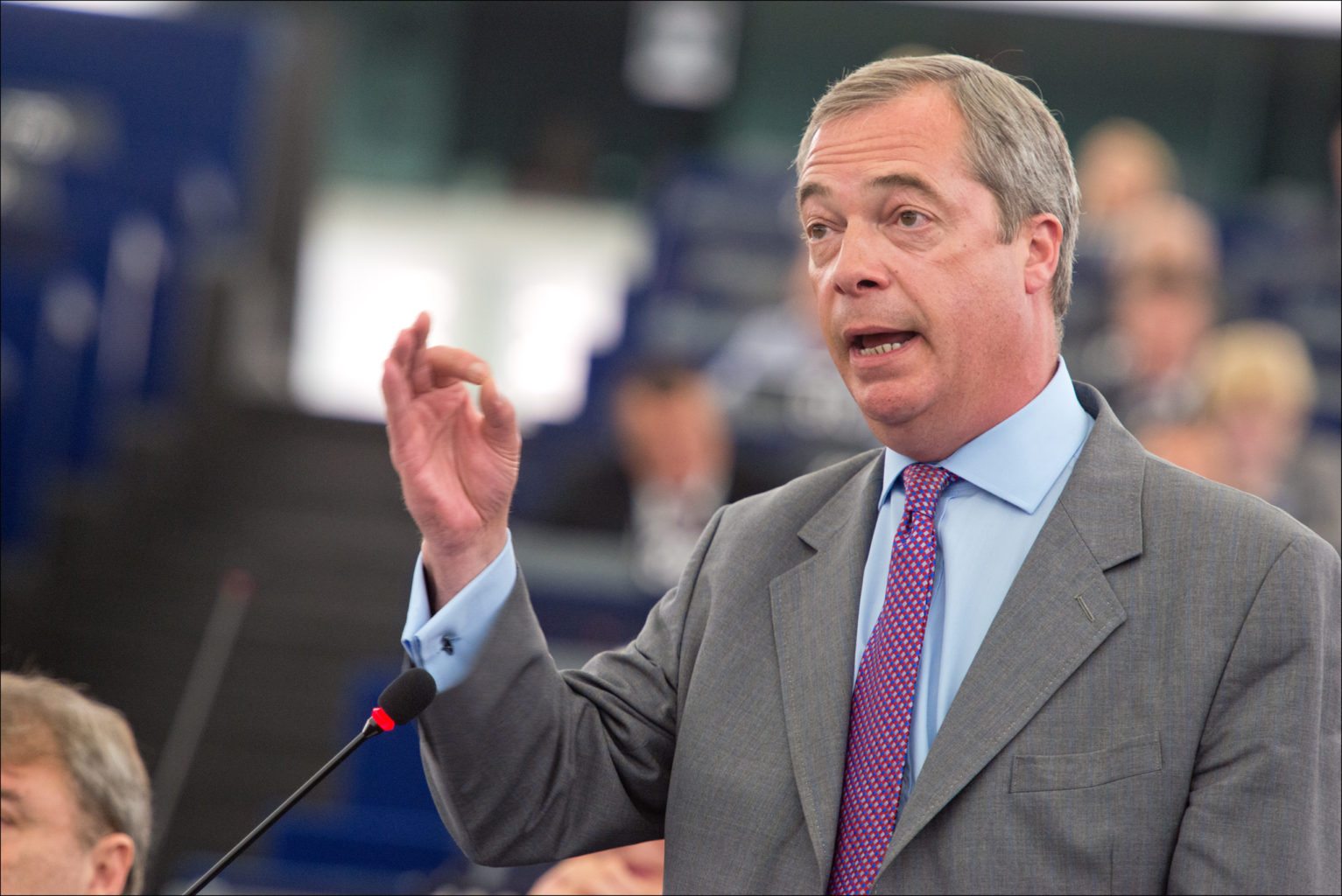GENERAL ELECTION 2015: Economic policy breakdown
This week, Emma Moylan investigates where economic policy currently stands and what the five main parties are offering for the UK economy in the final push before the general election on 7 May.
THE CURRENT SITUATION
The UK economy ended 2014 with employment at its highest ever level and inflation is reported at a record low, falling below 1% in the final three months of last year.
On March 18 Chancellor of the Exchequer George Osborne announced, in his sixth and final economic budget, an increase in the amount of earnings before tax to £11, 000, cuts and freezes to alcohol and fuel duty, and the introduction of the Help to Buy ISA for first time home buyers.
The scheme lays out that, with every £200 people save in an untaxed ISA savings account, the government will add an extra £50 up to a limit of £3, 000.
£25,000 loans have been announced for postgraduate PhD and Master’s research students. This follows £10,000 loans for Master’s students, which was introduced in 2014’s Autumn Statement.
The cost of university fees remains the same.
STUDENT CONCERNS
Students’ concerns remain about the expense of tuition fees after they were raised from £3000 to £9000 in 2012.
First-year Psychology undergraduate Claire Fuller told the Boar: “Student fees are ridiculous. I think that’s probably our biggest concern because it’s quite often the thing that puts off students going to university.
“How can it jump from £3000 to £9000? Having said that we hardly end up paying it off.”
Christopher Marks, a first-year Economics undergraduate, stated “My biggest concern definitely lies with UKIP’s plan to hike defence spending at the behest of quitting the EU and axing foreign aid.”
“This isolationist viewpoint is foolish, not only due to the fact that Britain is a small, island nation that is heavily dependent on foreign trade, but because of how the world economy is becoming increasingly more global.”
“Its plan to abandon the EU and halt aid to foreign countries will have immediate and serious political ramifications that will culminate in further economic problems down the line.
“This isn’t the 16th century – the UK should be looking to enhance its economic and political ties with another nations, not to stick two fingers up at them and begin to amass an army.”
CONSERVATIVE POLICY BREAKDOWN
- Pledge to reduce the deficit for long term financial benefits.
- Cuts to income tax and a freeze on fuel duty.
- Creation of more jobs by backing small businesses.
- Capping Welfare and working to control immigration.
- Plans for the best schools and skills for young people.
THE CONSERVATIVE PLAN
The Conservative Party released their long-term economic plan following May 2015 as the current majority in government.
Their plan is to create a solid economic foundation for Britain in order to secure a stronger base for other policies such as Healthcare and Education as £18 billion will be invested in new schools for buildings and facilities.
To achieve a stronger economy, the Conservatives are focusing on reducing the deficit so that mortgage rates can be kept low and Britain’s long term debts reduced.
Small businesses will also be backed by the Conservative’s economic strategy as they pledge to create better infrastructure including roads, rail and broadband make reaching customers more accessible.
Lower jobs taxes have also been pledged and the jobs tax will be scrapped completely for under 21s.
However, the Conservative party fail to mention a reduction of tuition fees allowing speculation that the cost of fees may rise once again.
GREEN PARTY POLICY BREAKDOWN
- End austerity and restore the public sector.
- Create over one million good jobs that pay at least a living wage.
- Wealth tax on the top 1%, a Robin Hood Tax on the banks and the closure of tax loopholes.
- Increase the minimum wage to reach a living wage of £10 an hour by 2020.
THE GREEN PARTY PLAN
The Green Party aim to create “an economy that works for all” by sharing Britain’s wealth.
They support a tax system where the wealthiest taxpayers contribute more and action will be taken against tax avoiders and to close loopholes.
Taxation policy also includes the phasing out of the European Value Added Tax. The Green Party will argue for the government’s ability to determine how they raise their share of the contribution to EU budgets and scrap the VAT.
Ensuring that everyone has access to a secure job that pays at least the Living Wage is also a key promise from the party as they pledge the creation of over one million jobs.
This follows their pledge to end austerity as a report carried out by Keith Taylor in his constituency on the surge in demand for food banks revealed a 60% increase in the number of people using food banks in 2013 compared to 2012.
LABOUR POLICY BREAKDOWN
- Pledge to get the current budget into surplus and national debt falling.
- Promise to tackle the cost-of-living crisis with stronger and more balanced growth, including an £8 minimum wage.
- Clamp down on tax avoidance.
- Introduction of a Mansion Tax on houses worth over £2 million.
- 200,000 homes built a year, scrapping Winter Fuel Allowance for the richest pensioners and capping Child Benefit rises.
- Cut tuition fees to £6000.
THE LABOUR PLAN
The Labour Party’s core aim is allegedly to create fairer economic policies. They claim that they will “take a fairer approach to taxation.”
They pledge to give tax cuts to 24 million people on middle and lower incomes whilst maintaining their promise to cut the deficit every year without any threat against the NHS and without any additional borrowing required through the introduction of a Mansion Tax on properties over £2 million.
Labour state that they will ensure “those with the broadest shoulders bear the greatest burden” with a clamp down on tax avoidance and a reversal of the Tories’ tax cut for millionaires.
They also pledge to increase the minimum wage to £8 by 2020 to ensure those who work hard are rewarded.
Ed Balls told the Guardian he can guarantee Labour’s promise to cut tuition fees by a third, reducing the fees to £6000.
LIB DEM POLICY BREAKDOWN
- Continue to cut the UK deficit.
- Raise personal allowance to at least £12,500, cutting taxes by £400.
- Increase in free childcare.
- Cut in energy bills.
- Create jobs with a national programme to insulate homes with Council Tax cut for participants.
- Discount bus pass for under 21s.
THE LIB DEM PLAN
The Liberal Democrat Party outlined their pledges in a pre-manifesto in 2014.
Stabilising the economy is their key concern by bringing the deficit under control through high earners contributing more whilst still allowing borrowing.
Their promise is to borrow “£70bn less than Labour” and cut “£50bn less than the Conservatives.”
Once the budget is balanced they plan to invest in public spending to encourage the growth and stability of the economy as the economy grows after 2017.
This will be done through creating high skilled jobs, nearly two million new apprenticeships, and encouraging business ownership.
This is based on “a further £6bn from tax dodgers, and an additional £6bn of tax rises” where those in high-value properties and the banking sector pay more.
UKIP POLICY BREAKDOWN
- Review all legislation and regulations from the EU and remove those which hamper British prosperity and competitiveness.
- Leave the European Free Trade Area (EFTA) and European Economic Area (EEA) while those treaties maintain a principle of free movement of labour, which prevents the UK managing its own borders.
- Introduce a 35p income tax rate between £42,285 and £55,000.
- Set up a Treasury Commission to design a turnover tax to ensure big businesses pay a minimum floor rate of tax as a proportion of their UK turnover.
- Leave the European Union.
- UKIP will abolish the Department for Culture Media and Sport.
- Remove tuition fees for students taking approved degrees in science, medicine, technology, engineering and maths.
- EU students to pay the same student fee rates as International students.
THE UKIP PLAN
Although UKIP are yet to publish a manifesto, their economic policies were outlined at the party’s Doncaster Conference and detailed announcements are due to be made after Easter in the final run-up to the 2015 General Election.
The focus of their economic policies is to withdraw from European organisations. They do not wish to remain in the European Free Trade Area (EFTA) or European Economic Area (EEA), posing the argument that this will give the UK more control over its own borders.
UKIP also pledge to leave the EU and claim that this will save “at least £8bn pa in net contributions” but will rejoin the World Trade Organisation.
Tuition fees have also been pledged to be removed for certain subjects to academic performance and on the condition that they live, work and pay tax in the UK for five years after they graduate.
[poll id=”7″]






Comments